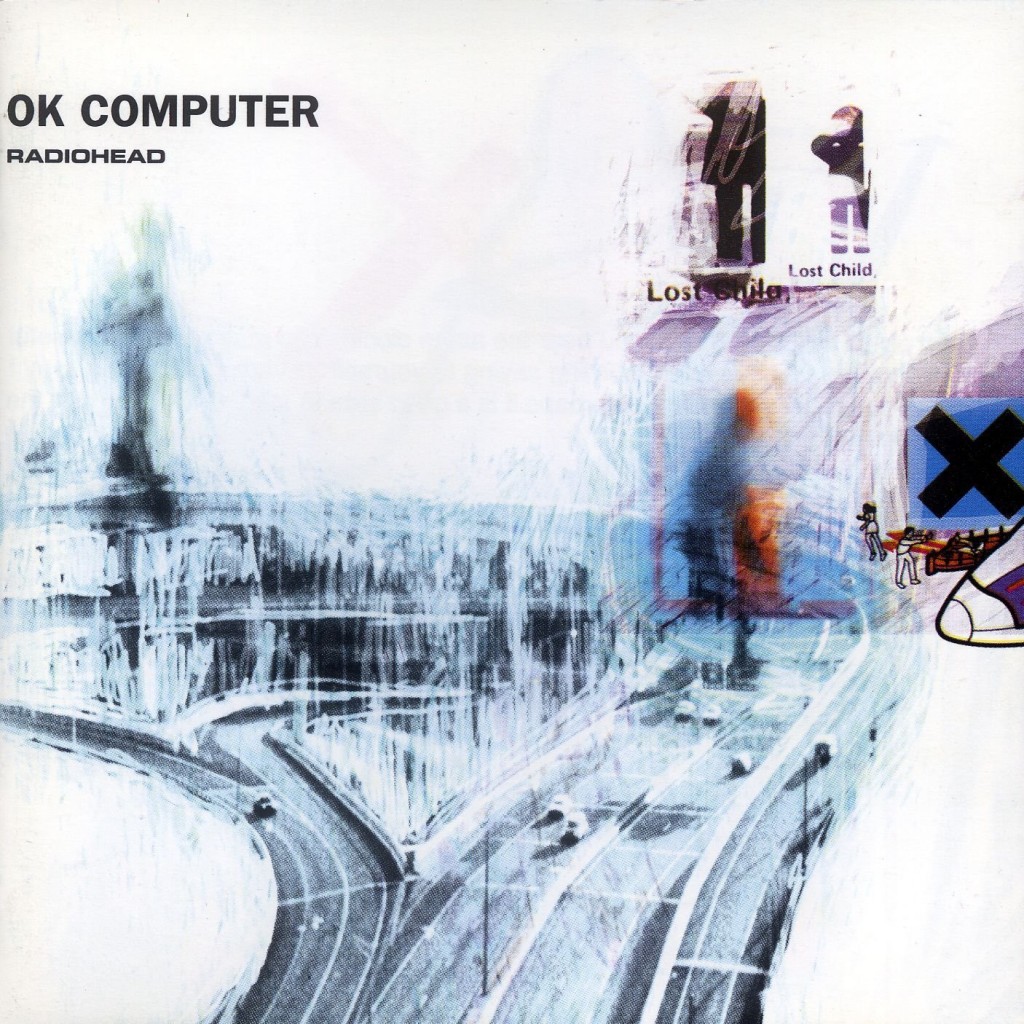The loss of Jimmy Webb, an honorary member of the High Court of Punk, reaches beyond the loss of a just a person…

by: Robin Sinclair
I know that it is trite to equate the death of an individual to the death of subculture, but Jimmy Webb was one of the last fragments of an era revered, longed for, and dismally co-opted.
The loss of Jimmy reaches beyond the loss of a person. Those who knew him in his daily struggles — who watched him fall in love, met him in his early days living in parks, and knew what he sounded like when his unique brand of pissy joie de vivre faded — are likely, perhaps rightfully, sneering at a community mourning him as if they were the ones holding his hair and his hands.
Call it grotesque. Call it morbid self-service. Call it what you want, but when many of us mourn Jimmy, we mourn a world we’ll never return to, a community of strayed and frayed ends that will never twist back together, and a time that, while commerce-culture tries desperately to repackage it for the masses, will never ever exist again.
Perhaps it is insulting to the man, but Jimmy is more than a man.
I don’t think of Jimmy as the vibrant punker who sold me overpriced dresses and platform boots. I think of Jimmy cracking a joke when I sat outside of Trash, smoking and sobbing about something horrible that was almost certainly my own doing, not because he wanted to sell me something, but because there was a fellow-weirdo that was hurting and there was joy to be spread.
I think of him rambling, as if inhalation was optional, about the merits of aesthetic in the indeterminable ether of rock and roll.
I think of him just standing there — a reliable, comforting familiarity.
And sure, he was selling something…but never at full price, at least not to people like me, because he knew we couldn’t afford it and he’d make the money back off of someone with an agent. He played the game, but he counted the cards in a way where broke people who wanted to feel pretty for a moment would be dealt a decent hand once in a while.
He knew a fellow lost soul when he saw one, and there was genuine joy in his face and voice when helping someone find a way to express themselves. Say what you want about fashion and capitalism, but external expression does wonders for internal conflict, and Jimmy knew it.
I won’t claim to know his true inner philosophy. Was it the classic punk rock ambivalence to the judgment of strangers? Maybe it was that he was able to shrug in acceptance that it is entirely possible for the world to be both built on shit and utterly beautiful all at once.
It doesn’t matter.
Because Jimmy wasn’t his philosophy. He wasn’t the fucked up, funny one-liners that came out just as often when it was just you shopping as when there was some random zine kid or lifestyle reporter asking him questions.
Jimmy wasn’t even his friendships — though being an honorary member of the High Court of Punk doesn’t hurt.
Jimmy was your bar.
Jimmy was the smell of smoke.
Jimmy was showing up early and staying for every band because he loved to be there, to hear them, to exist in that dirty, shitty room.
He was life as we remember it in some pivotal time of our personal evolution.
Jimmy was rock and roll, and in that classic argument about if rock is dead, we know where he’d stand.
Jimmy was, and is, the club they closed down long ago that they still write articles about. Maybe they’ll try to recreate it all again one day, but it won’t matter.
It won’t be the same. It isn’t supposed to be.
Robin Sinclair is a queer, genderqueer writer of mixed heritage and mixed emotions, currently staying home during the pandemic (and you should, too). Their debut book of poetry, Letters To My Lover From Behind Asylum Walls (Cosmographia Books, 2018), discusses themes of identity, gender, and mental illness. Find Robin at RobinSinclairBooks.com.





